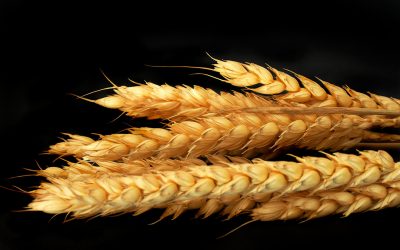EU criticises illegal export of bone meal
The European Commission has criticised German meat companies which exported bone meal to countries that do not have established food safety agreements with the EU.
According to a report by Foodwatch, German slaughterhouses illegally exported at least 30,000 tonnes of meat and bone meal to non-EU countries during 2005, including Russia, Egypt, Vietnam and Bangladesh.
Bilateral export agreements
Under current EU rules, all bone meal, which is derived from feathers, skin, claws, hoofs, horns, udders, bones, fat, blood and spoiled meat, can only be used to make fertilizers or be fed to pets or zoo animals, given the high risks associated with the spread of bovine spongiform encephalitis (BSE).
In order to guarantee that such animal by products do not end up in the human food chain, EU member states must have bilateral export agreements with non-EU countries before bone meal may be exported from Europe.
Currently such agreements, which guarantee the products will be used for their declared purpose as pet food and not livestock feed, only exist with Thailand and Israel, and these were only signed in 2006.
Germany has currently stopped all exports of bone meal abroad, pending the outcome of a full investigation.
Related link:
The full Foodwatch report "The smuggling of carcass meal"
To subscribe to the AllAboutFeed newsletter click here.











